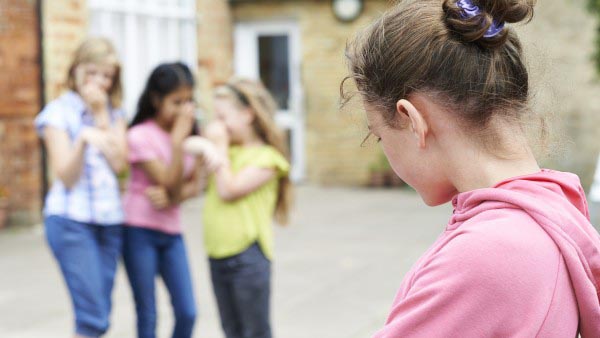
From EdSurge
Call it the “Mean Girls” paradox: The most popular students in a school are not always well-liked, and the most well-liked are not always popular. It’s not just grist for teen comedies, though. Researchers at the University of Missouri have come to a strikingly similar conclusion, after surveying more than 500 middle schoolers about what makes someone well-liked versus popular.
When asked what makes a student well-liked, the respondents indicated they exhibit so-called “prosocial” behaviors—high academic achievement, kindness, sharing, cooperation. When asked to reflect on popular students, those who had attended the same district their entire lives said much the same thing. But students who had recently transferred in were more likely to say popular students exhibited antisocial behaviors, such as bullying, meanness and aggression.
The study’s authors hope teachers will use their work to cultivate prosocial behaviors in class and think carefully about who to pair up for group projects.
Of course, the 2004 classic, you-can’t-sit-with-us film was top of mind for everyone, including the researchers themselves.
“The main conclusion is that school context matters, as the transition group showed that the most popular students are not always the most well-liked,” lead author Nicole Brass says. “A classic example of this is in the Lindsay Lohan movie ‘Mean Girls,’ where [Rachel McAdams’] Regina George is the most popular girl in school, yet nobody really likes her due to her mean personality and everybody fears her. … If the popular students are mean, we don’t want the other kids thinking it is OK to be mean or that aggression is the key to becoming more popular.”
Photo: Today Parenting Team

